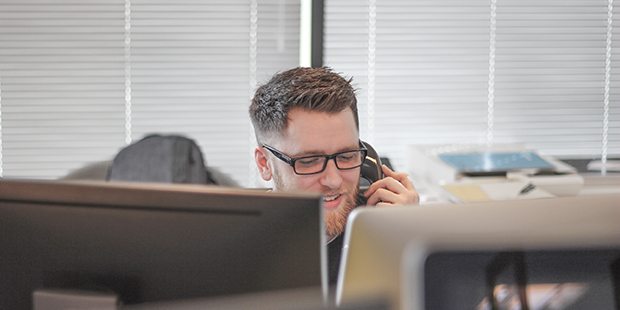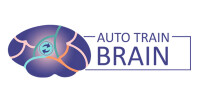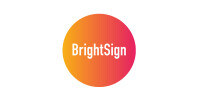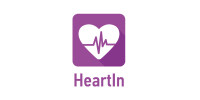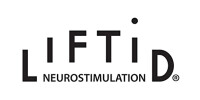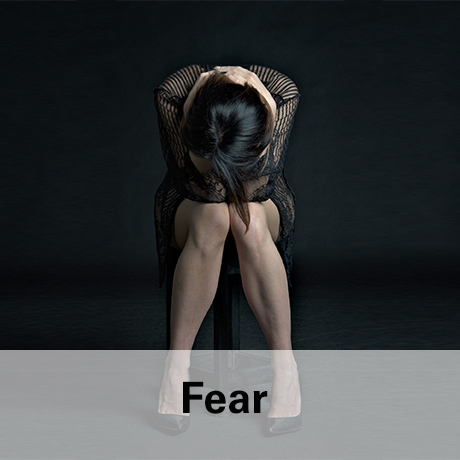Fear
Anxiety attacks - understand and overcome
Anxiety attacks and associated anxiety symptoms, such as dizziness, come out of the blue, often at night. The heart is racing, the chest is getting tight. Fear of death. Of what? There is often no tangible trigger. You are not really in danger.
An anxiety attack seems to be a malfunction of your body. But you can learn to recognize this false reaction as such and even treat yourself. In any case, you should take action in a heaped occurrence.
Simple counselors say, "Take the scare away at night and during the day, and they will disappear."
However, this general advice is not always valid, for example, if the attack is a depression or other serious illness affecting the organs.
What is a panic disorder? Symptoms and causes
A single anxiety attack has many people once in their life, for example, at school before an exam. That is normal. Only when the baseless attacks of anxiety accumulate, one speaks of panic disorders or anxiety disorders.
An anxiety attack is an extreme physical anxiety reaction. Without real danger is in the panic case suddenly a lot of adrenaline in the blood.
The consequences: The heart is racing, the breath is fast. They feel like they can not breathe. They are bursting with cold sweat. Maybe you're shaking, maybe you'll be sick. They have goose bumps.
There are also mental symptoms: Maybe you will feel dizzy. They feel like standing next to each other. Or you can see and hear everything from far away. They are afraid to go crazy. Maybe even fear of death.
Not every person sees anxiety attacks the same, but you can defeat them. For some, there are only the mental symptoms, that is, the groundless panic. Physically everything stays almost normal.
In other people, the physical symptoms predominate. If so, confuse the anxiety attack with a serious illness, such as a heart attack.
The fear of fear: the vicious circle
Anxiety attacks can happen anywhere: at work, in the subway, at home during a cozy movie night. Suddenly you are paralyzed. They curl up on the floor or crouch in a corner until the fear passes.
Or you run away screaming. If it happens in the office, the work colleagues notice it and the boss learns about your anxiety attack.
Afterwards, ask yourself: What if it happens again? The fear of new anxiety attacks can rob you of sleep. They watch closely: Does the heart beat? Do I breathe normally?
The treachery about it: Expect an anxiety attack, then comes a new one. The more you are afraid of new anxiety attacks, the sooner you will get them. They have entered the vicious circle of anxiety attacks.
Fear becomes a constant part of your life. Therefore, learn a new way of dealing with it.
Likelihood of confusion: Do you really have a panic disorder?
Before a doctor detects a panic disorder, he will clarify whether you may have a physical illness and the case of anxiety comes from there. For palpitations, nausea and sweat can also come from other pathological causes.
The panic then appears anyway: they notice the physical signs and ask themselves: What is going on? When the breast gets tight, you may be scared to suffocate. Already the anxiety attack is together.
Physical illnesses that can be confused with anxiety attacks include: thyroid dysfunction, angina pectoris, certain nervous disorders, some allergies, and in menopausal women.
So do not go to the psychiatrist immediately with anxiety attacks, but first to the family doctor, who understands something of the matter.
